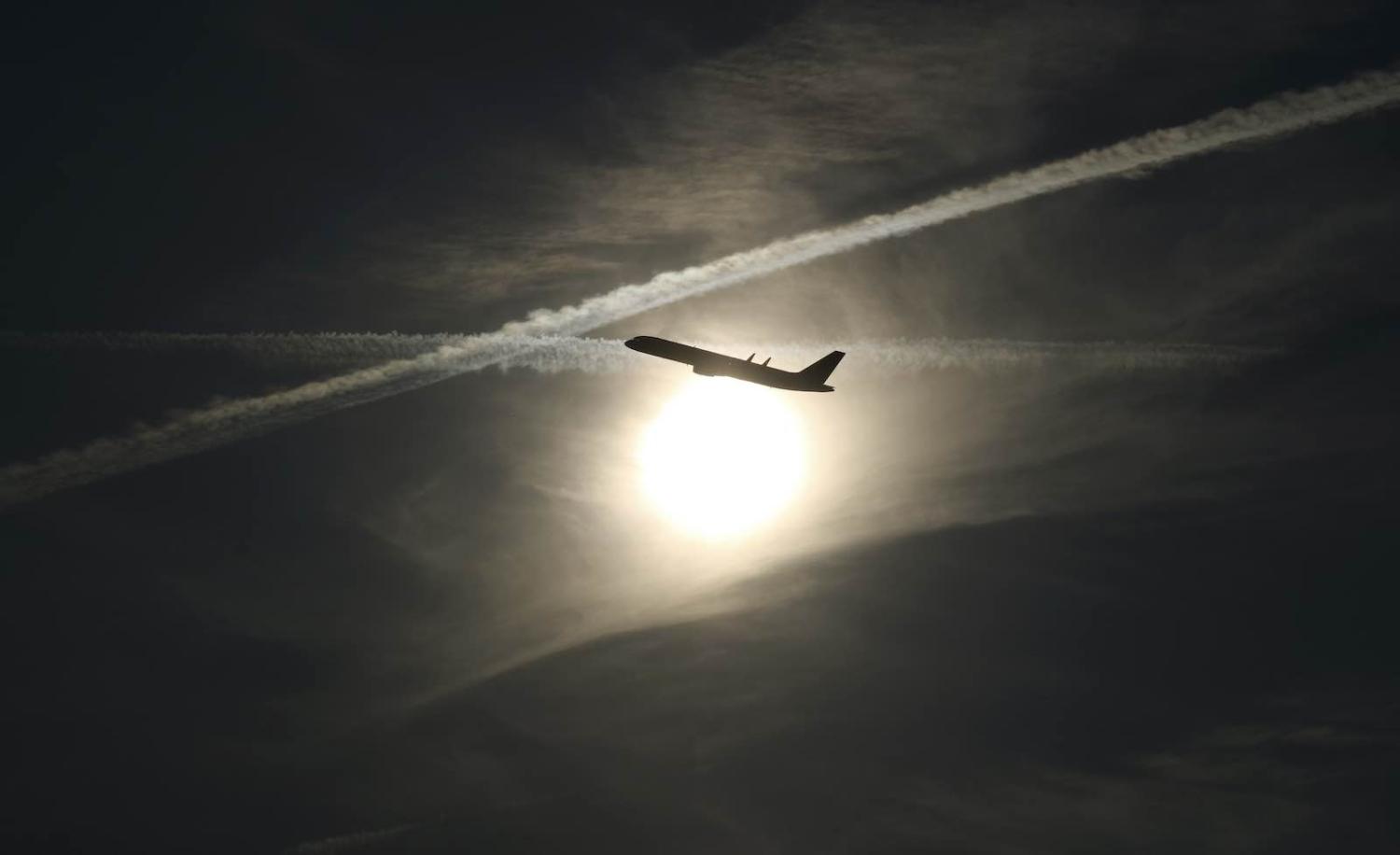Shame is a powerful emotion, but is it powerful enough to save the planet? Almost certainly not. But the question has assumed unexpected prominence as the sensitive Scandinavians and the schoolgirl activist Greta Thunburg spearhead a campaign to encourage us to fly less, simply because it’s the right thing to do.
At this very moment, the redoubtable Greta Thunberg is metaphorically tied to the mast of an obliging friend’s racing yacht crossing the Atlantic to attend a UN conference on climate change as she stoutly resists the siren song of cheap, convenient air travel. What impact she or the idea of flygskam, as the Swedes call it, will have on individually-minded Americans and their entrenched consumer culture remains to be seen. But it’s worth noting that a seat on a flight across the Atlantic puts 1.6 tons of carbon dioxide into the atmosphere.

The inconvenient truth is that most of the world’s population are – or would like to be – more like me: shameless frequent flyers who use up more than their fair share of the world’s resources. What adds an extra layer of hypocrisy to my position and that of many of my well-intentioned and earnest academic colleagues is that we feel compelled to fly around the world – usually at the long-suffering tax payer’s expense – to tell each other that things really need to change.
We jealously guard our hard-won freedom to pursue our individual interests and happiness – even if we stuff up the planet in the process. The fact that we don’t mean to is rather beside the point.
I am (slightly) ashamed to say that I’ve just returned from Japan, and intend to make (separate) trips to Berlin, Lisbon, Surabaya, Istanbul, not to mention Sydney, Canberra and Adelaide over the next year. Or I will unless someone stops me. Reconfiguring the incentive structures that allow this sort of unambiguously selfish – but rather enjoyable – behaviour to continue would help.
As Lenin, a keen observer of mass behaviour if ever there was one, might have asked: what is to be done? A degree of compulsion may be the only way, something else Vladimir Ilyich knew a bit about, of course. Fortunately, it may not be necessary to turn the Qantas Chairman’s Lounge into a gulag to achieve this.
At a time when some world leaders are invoking the unifying spirit of the Blitz and the need to pull together in pursuit of some national project or other, why don’t we go the whole hog and reintroduce rationing? Not for food – although there may be an argument for controlling what and how much we eat, too – but for travel.
In the unlikely event that we all agree that people like me are behaving badly and that I’m not going to change unless compelled to, government action may be the only way to stop me. One possible, admittedly improbable, solution is governments to give everyone an annual allocation of kilometres that they could fly without penalty (or shame). Those people who do not want to or – more realistically – cannot afford to fly around the world on the flimsiest of pretexts, can sell their allocations to those of us who really must spread the message about unsustainable climate change in person.

Even if this doesn’t make a huge impact on the amount of flying that people like me (and I suspect you, too, dear reader) actually do, it might help address one of the other pressing problems of our age: the persistence of global economic inequality. The astounding reality is that 80% (yes, 80 per cent!) of the world’s population has never flown. We fortunate denizens of the still over-privileged, over-developed, mainly Western world are the problem.
And we jealously guard our hard-won freedom to pursue our individual interests and happiness – even if we stuff up the planet in the process. The fact that we don’t mean to is rather beside the point. The sum of our individual actions is not the best of all possible worlds as Adam Smith expected, or it’s not in a finite planet with everyone trying to live like us. Some 100 million people will take their first flight this year.
As the old joke has it, when something looks like it can’t go on for ever, it probably won’t. If there is a solution to the greatest collective action problem in the history of the world bar none – forgive the hyperbole, but it’s merited – it will almost certainly be radical, global and equally unprecedented. Any serious attempt to address climate change is going to involve far-sighted leadership and cooperation and on an epic scale.
It tells us something about the current state of international affairs that some of the more innovative and even inspirational ideas are articulated by a 16-year-old schoolgirl. Perhaps we should all be ashamed that schoolkids seem to get the implications of global warming even if the gerontocracy doesn’t. We need to get the message out and we need to do it by Skype.
Yes, I do know rationing’s not going to fly as an electoral platform either. But what actually is going to work? Any policy reform that makes a difference in this arena will create winners and losers and probably entail sacrifice. I will if you will.

